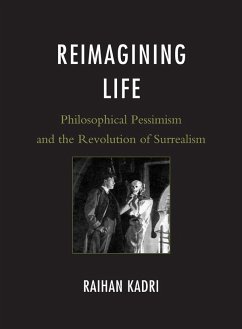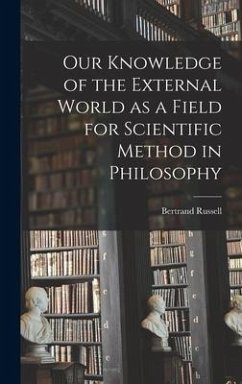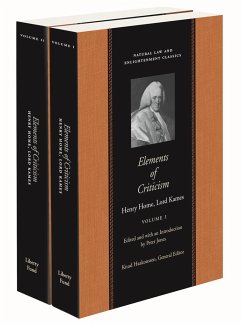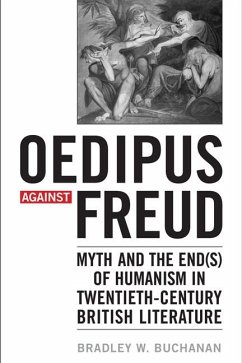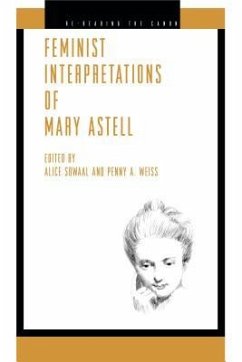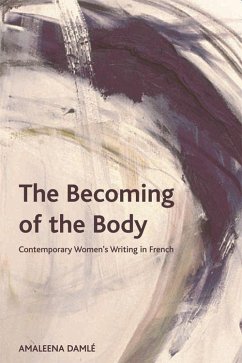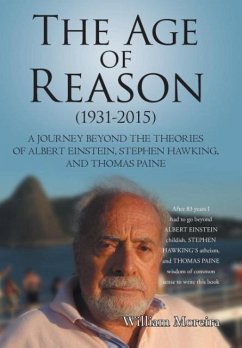Nicht lieferbar
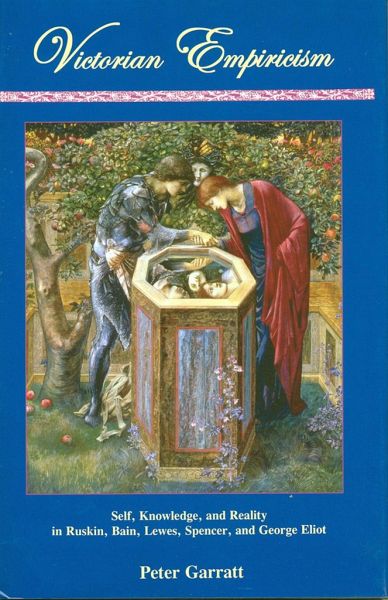
Victorian Empiricism
Versandkostenfrei!
Nicht lieferbar
Empiricism, one of Raymond Williams's keywords, circulates in much contemporary thought and criticism solely as a term of censure, a synonym for spurious objectivity or positivism. Yet rarely, if ever, has it had this philosophical implication. Dr. Johnson, it should be recalled, kicked the stone precisely to expose empiricism's baroque falsifications of common sense. In an effort to restore historical depth to this term, this book examines epistemology in the narrative prose of five writers, John Rushkin, Alexander Bain, G. H. Lewes, Herbert Spencer, and George Eliot, developing the view that...
Empiricism, one of Raymond Williams's keywords, circulates in much contemporary thought and criticism solely as a term of censure, a synonym for spurious objectivity or positivism. Yet rarely, if ever, has it had this philosophical implication. Dr. Johnson, it should be recalled, kicked the stone precisely to expose empiricism's baroque falsifications of common sense. In an effort to restore historical depth to this term, this book examines epistemology in the narrative prose of five writers, John Rushkin, Alexander Bain, G. H. Lewes, Herbert Spencer, and George Eliot, developing the view that the flourishing of nineteenth-century scientific culture occured at a time when empiricism itself was critically dismantling any such naive representationalism.




